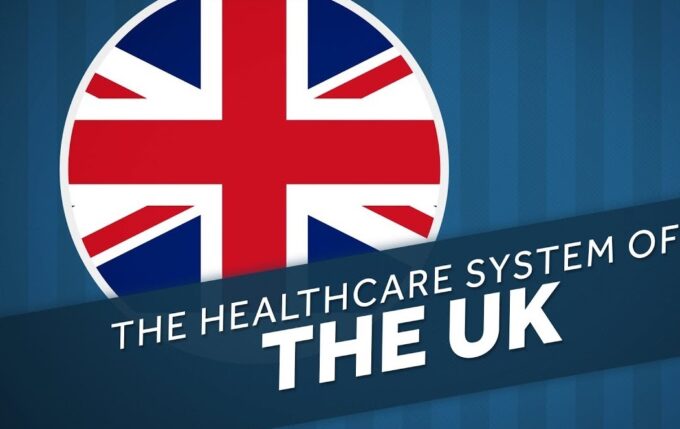For expatriates living abroad, access to healthcare is a crucial aspect of maintaining a healthy and secure lifestyle. Navigating a foreign country’s healthcare system can be daunting, but understanding the available medical services, insurance options, and cultural nuances is essential for ensuring quality healthcare while living away from one’s home country.
Healthcare Systems Abroad
Varied Healthcare Systems:

Source: futurelearn.com
Countries around the world have diverse healthcare systems, ranging from public healthcare, private facilities, universal healthcare coverage, or a combination of these. Each system operates differently, impacting the availability, cost, and quality of medical services.
Public Healthcare:
Some countries offer public healthcare services accessible to residents and expatriates. These systems might be funded through taxes and provide basic medical services at lower or no cost, but waiting times can vary, and expatriates might face limitations based on their residency status.
Private Healthcare:
Private healthcare facilities often offer expedited services, advanced medical technologies, and a broader range of medical treatments. Expatriates might opt for private healthcare for quicker access to specialized care or services not covered by public systems, albeit at higher costs.
Universal Healthcare Coverage:
Certain countries have universal healthcare coverage, providing comprehensive medical services to all residents, including expatriates. Understanding the coverage scope and limitations is crucial to utilize these services effectively.
For British citizens residing abroad, accessing healthcare can vary based on their citizenship status and the agreements between their home country and the host nation. Some countries might have reciprocal healthcare agreements with the UK, providing certain levels of healthcare coverage or access for British citizens.
Accessing Medical Services
Research and Familiarization:
Before relocating, expatriates should research the healthcare system of their destination country. Understanding the locations of medical facilities, services provided, and registration procedures ensures preparedness in times of medical need.
Health Insurance:

Source: upvey.com
Securing comprehensive health insurance is paramount for expatriates. International health insurance plans tailored for expatriates often cover medical expenses, emergency services, repatriation, and consultations with English-speaking doctors, easing the financial burden of healthcare costs abroad.
Securing comprehensive health insurance is crucial for British expatriates living abroad. While British citizens might have access to certain healthcare provisions under reciprocal agreements, having appropriate health insurance tailored for expatriates ensures comprehensive coverage for medical expenses, emergencies, and specialized treatments.
Finding Healthcare Providers:
Establishing relationships with general practitioners, specialists, or clinics is essential for routine check-ups, medical consultations, or emergency situations. Networking with other expatriates or seeking recommendations from locals can assist in finding reputable healthcare providers.
Cultural and Language Considerations:
Familiarizing oneself with local customs, medical terminologies, and seeking translation services if necessary can aid in effective communication with healthcare providers.
For British citizens relocating abroad, language barriers and cultural differences might pose challenges in accessing medical services. Utilizing translation services, seeking English-speaking healthcare providers, or expat communities for recommendations can ease communication barriers and ensure effective healthcare access.
Emergencies and Specialized Care
Emergency Services:
Understanding emergency protocols and contact information for local emergency services, hospitals, or clinics is crucial. Being aware of the nearest emergency facilities and procedures can save valuable time during urgent situations.
British citizens living abroad should familiarize themselves with emergency protocols and local emergency services. Additionally, understanding the nearest British consulates or embassies can provide assistance during medical emergencies or guidance in accessing healthcare services.
Specialized Care and Medications:
For individuals requiring specialized medical treatments or specific medications, researching the availability and accessibility of these services in the destination country is essential. Some treatments or medications may not be readily available or may require specialized facilities or practitioners.
For British expatriates needing specialized care or specific medications, researching availability and accessibility is crucial. It’s advisable to understand the extent of healthcare coverage available through reciprocal agreements or the need for additional private health insurance to cover such treatments.
Conclusion

Source: odinland.vn
Accessing medical services as an expatriate demands proactive preparation and understanding of the healthcare landscape in the host country. By researching healthcare systems, securing comprehensive health insurance, establishing relationships with healthcare providers, and familiarizing oneself with emergency procedures, expatriates can navigate foreign healthcare systems with confidence, ensuring access to quality medical services while living abroad.

